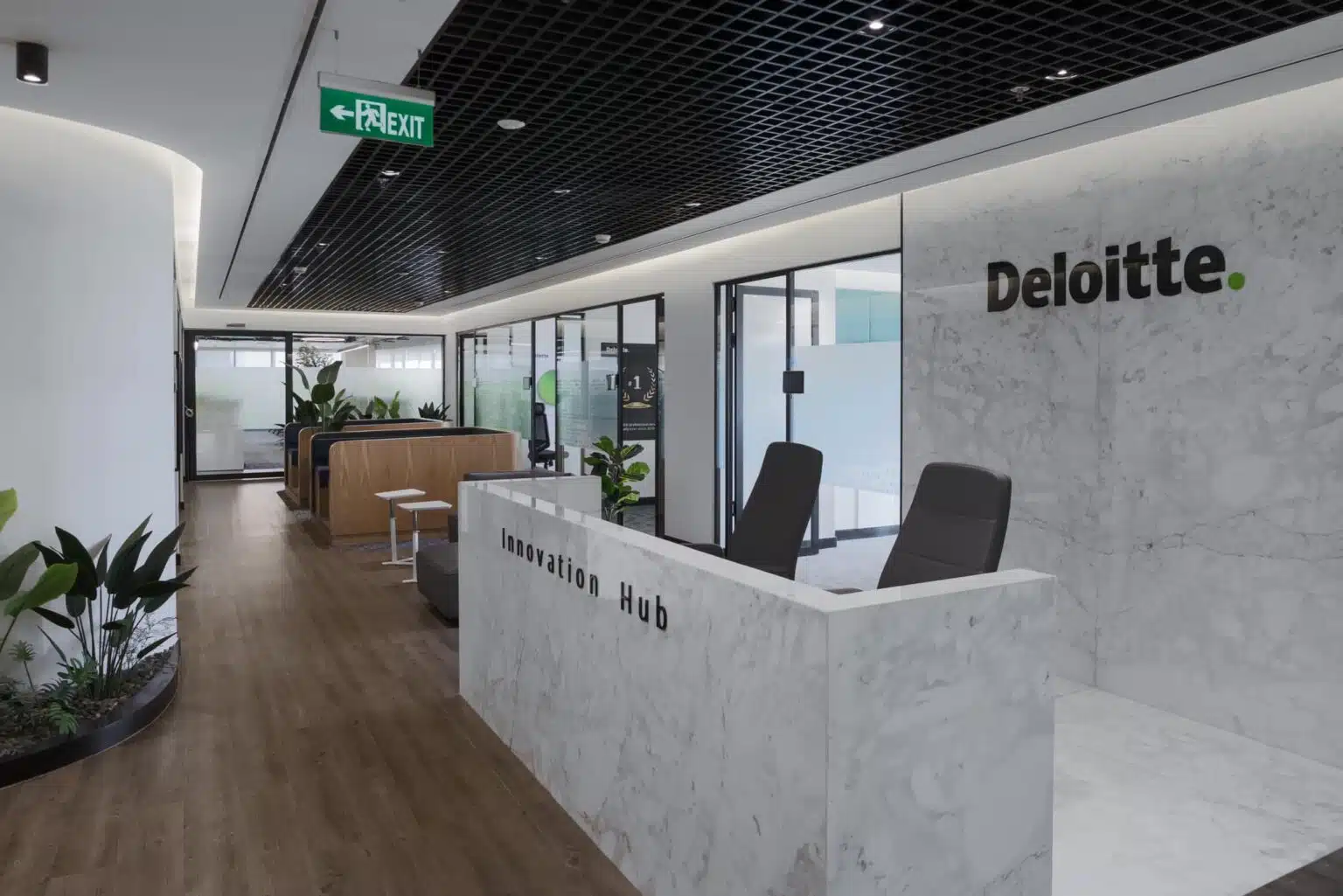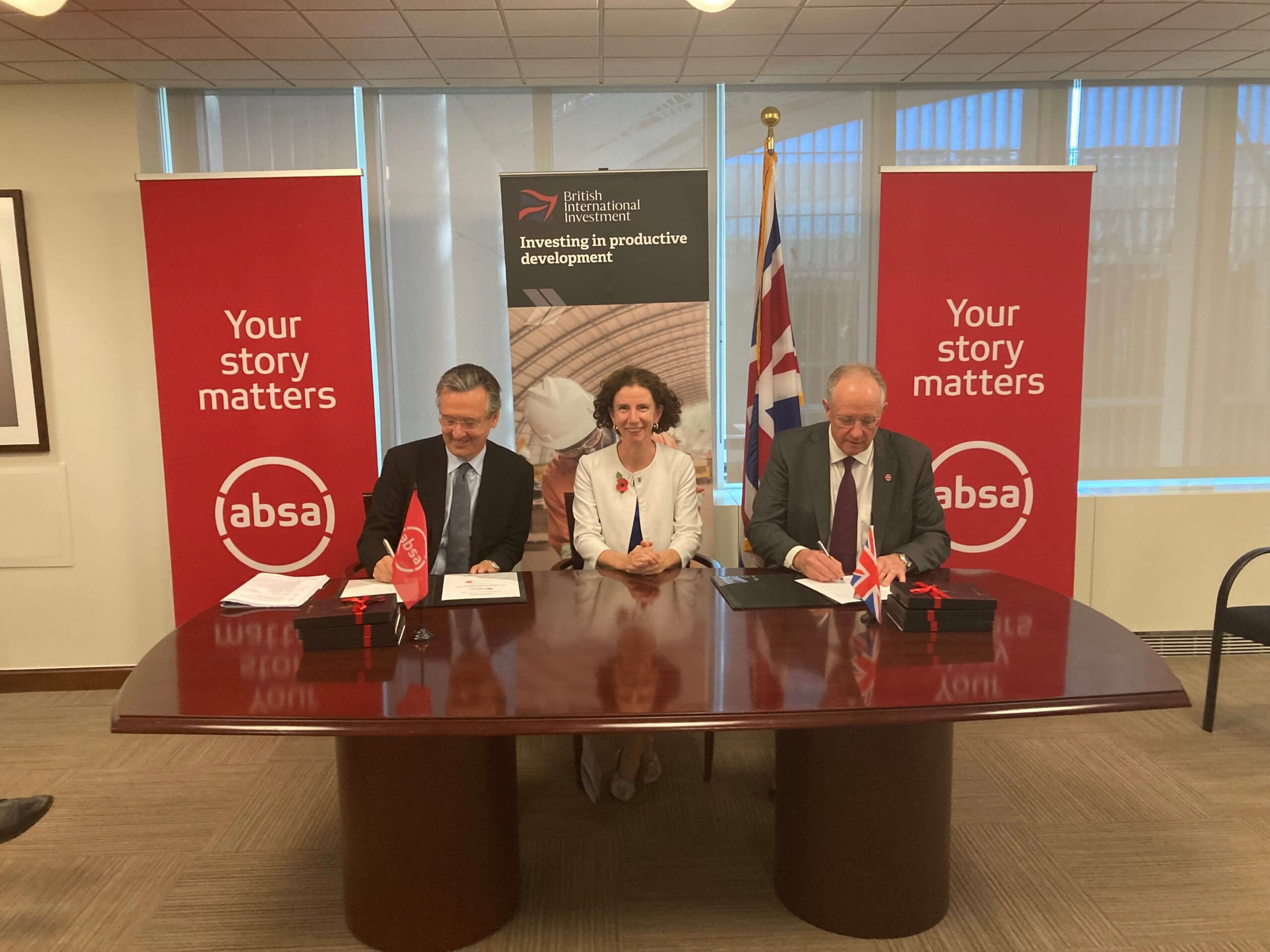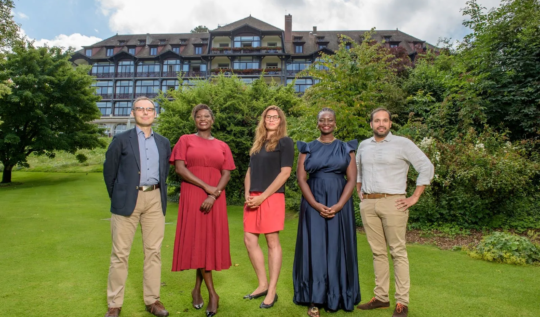Day: October 31, 2024
-

Efayomi Carr: Transforming Africa’s Economic Landscape through Strategic Investment and Innovation
Efayomi Carr is a visionary investor and entrepreneur who is profoundly committed to enhancing financial health and economic opportunity across Africa.
-

Egypt Launches $30 Million Deloitte Innovation Hub to Boost Digital Exports and Job Creation
Egypt’s Minister of Communications and Information Technology, Amr Talaat, has inaugurated the Deloitte Innovation Hub, a new venture established with an investment of $30 million over three years.
-

British International Investment and Absa Group Announce $150 Million Trade Facility to Support African SMEs
British International Investment (BII), the UK’s development finance institution, has unveiled a $150 million trade facility with Absa Group.
-

Pan-African Talent Cloud Tech Company Gebeya Partners with NVIDIA to Upskill 50,000 Developers in Africa
Gebeya, a leading Pan-African talent cloud technology company, has joined forces with NVIDIA, a global powerhouse in graphics and AI technology, to establish a network of 50,000 NVIDIA-certified developers in Africa.
-

African VC Janngo Capital Closes Second Fund at $78 Million to Back African Entrepreneurs
Janngo Capital, an African venture capital firm, has successfully closed its second fund at $78 million, exceeding its initial goal of $63 million by 20%.